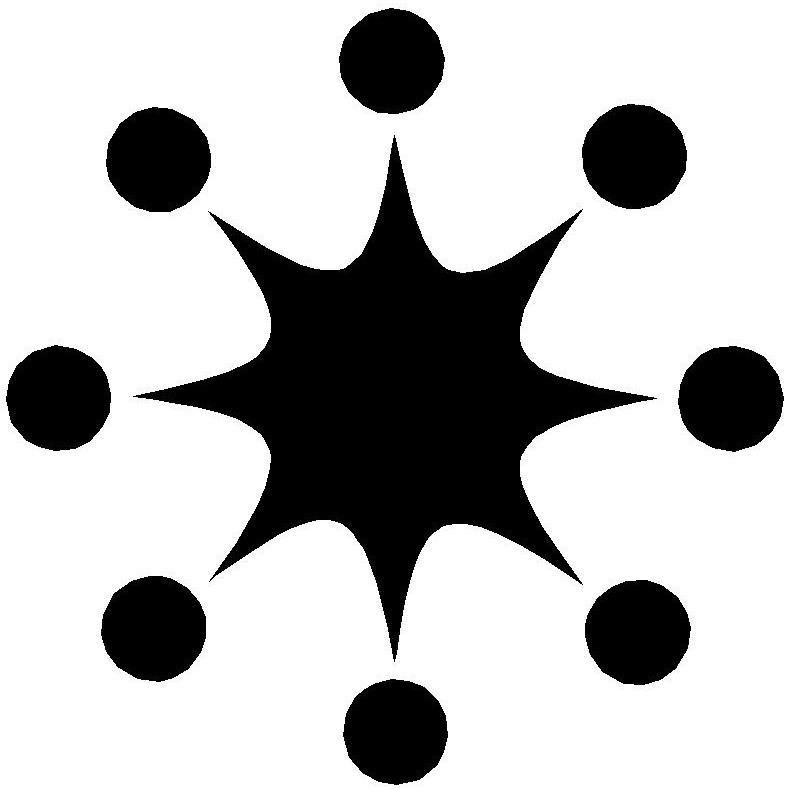

An Oregon 501(c)3 Public Benefit Corporation
Reg. no. 462867-95

Sustasis in the news:
UN-Habitat article about event at COP21 with Executive Director Michael Mehaffy
Our interview in Scientific
American about "planning and pseudo-science," with our ESRG colleague
Stephen Marshall
Our interview on Voice of America about the power of cities -- and the limits of 'density' in isolation
New Reports and Resources
Our new book: Design for a Living Planet - now available
New video: Mathematician and urbanist Nikos A. Salingaros on "Pattern Language and Form Language" - a mini-course online that introduces the work of Alexander as well as Salingaros
A
NEW GENERATION OF WIKI: "Federated Wiki," in development led by
Sustasis board member Ward Cunningham, takes forward his world-changing
invention, with new applications for neighborhood-scale planning (among
others)
REPORT: The impact of tall buildings, including new research and case studies
new on-line course modules in sustainable urban
development.
REPORT: "The unbearable costs of sprawl:" the link
between the mortgage meltdown, the global financial crisis, and
unsustainable land use
Sustasis
Foundation
About Us Annual reports... 2009
2010
2011 2013 2014 2015 2016
2017
2018 2019 Donate
About the Sustasis Foundation
The Foundation's name, Sustasis, is a Greek word that means "to stand together" as in a collaboration. The Foundation is a small catalytic organization that seeks to convene other collaborators in strategic ways, and thereby leverage its small resources for maximum effect. We develop and share tools to promote vibrant, livable neighborhoods, while at the same time addressing the critical issues of resource depletion and climate change. We focus on capacity-building tools at the neighborhood scale, including codes, pattern languages, peer-to-peer design tools, and regulatory tools and incentives that make it easier to do good development.
We were formed in 2007 to take forward recovery planning work in New Orleans after Hurricane Katrina. Working as part of the Unified New Orleans Plan team, we recognized that "top-down" planning and aid from government entities would not be sufficient, and new "bottom-up" approaches were also badly needed -- including peer-to-peer and "capacity-building" tools at the neighborhood scale. Following the suggestion of Andy Kopplin, Executive Director of the Louisiana Recovery Authority, we incorporated as a non-profit "public benefit" corporation to take forward this work. Since then we have continued our work on a related set of topics within a range of projects in the US and internationally.
Our
foundation's work can be divided into three categories:
Publications: We publish books, videos,
webinars, and wikis, furthering our educational mission.
Project consulting and research
activities: We work on a
number of
project collaborations, including neighborhood-scale development
projects and peer-reviewed research. We focus on the topics of
sustainable urban development, climate change, and social and
ecological resilience. Executive director Michael Mehaffy serves
as advisor to a number of research projects and NGOs, and sits on the
boards of two international urban research journals. Michael
has also played a strategic role in the recovery planning of New
Orleans, where he developed proposals for resilience and
capacity-building. A notable example is a proposal for
"Neighborhood Resource Recovery Centers" that is now part of the
Unified New Orleans Plan, which has now been adopted as the City's
permanent master plan. ESRG - The Environmental Structure Research Group:
The ESRG is a consortium or "research coordination network" that we
facilitate, convening over 30 leading researchers
from around the world, including Christopher Alexander, Nikos
Salingaros, Wiki inventor Ward Cunningham, and a number of other
"thought leaders," researchers, academics and practitioners. The
ESRG has held a number of symposia (at University College London, the
University of Oregon, New Orleans and elsewhere) and published a number
of papers on sustainable development and best practice in design, in Journal
of Urbanism, Urban Design International and other leading
professional journals. For
more information see our web page about the ESRG. We are grateful for your
support,
however modest! We are a registered 501(c)(3) non-profit in the USA and
all donations by US taxpayers are tax-deductible. We are registered
with GuideStar, an information service for non-profit transparency and
accountability. For more information visit our Guidestar Exchange Member page. You can make a
donation conveniently via this link: We
welcome your interest in this work, and we welcome your contact!
Sustasis Foundation
P.O. Box 2579
White Salmon, WA 98672
Email: sustasisfoundation at the
gmail domain